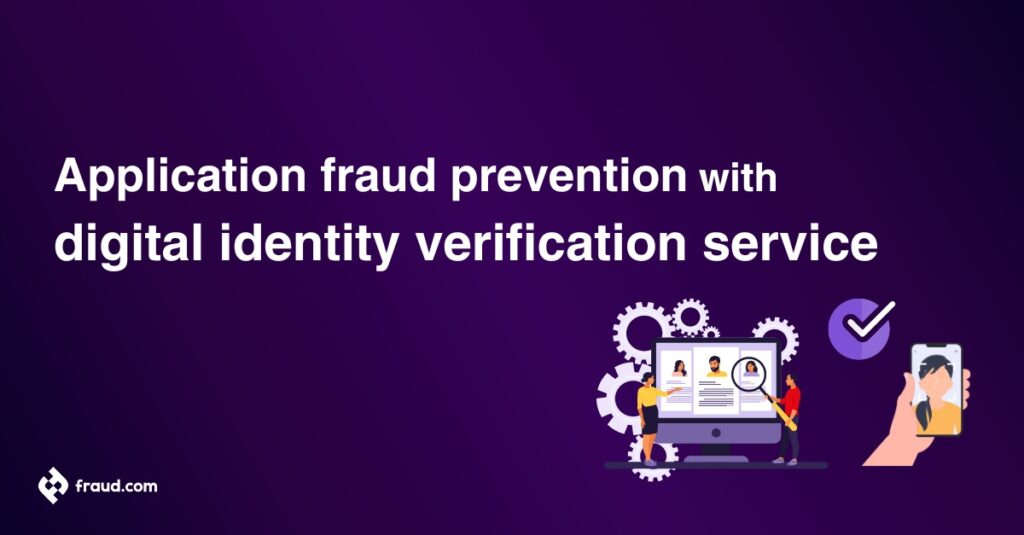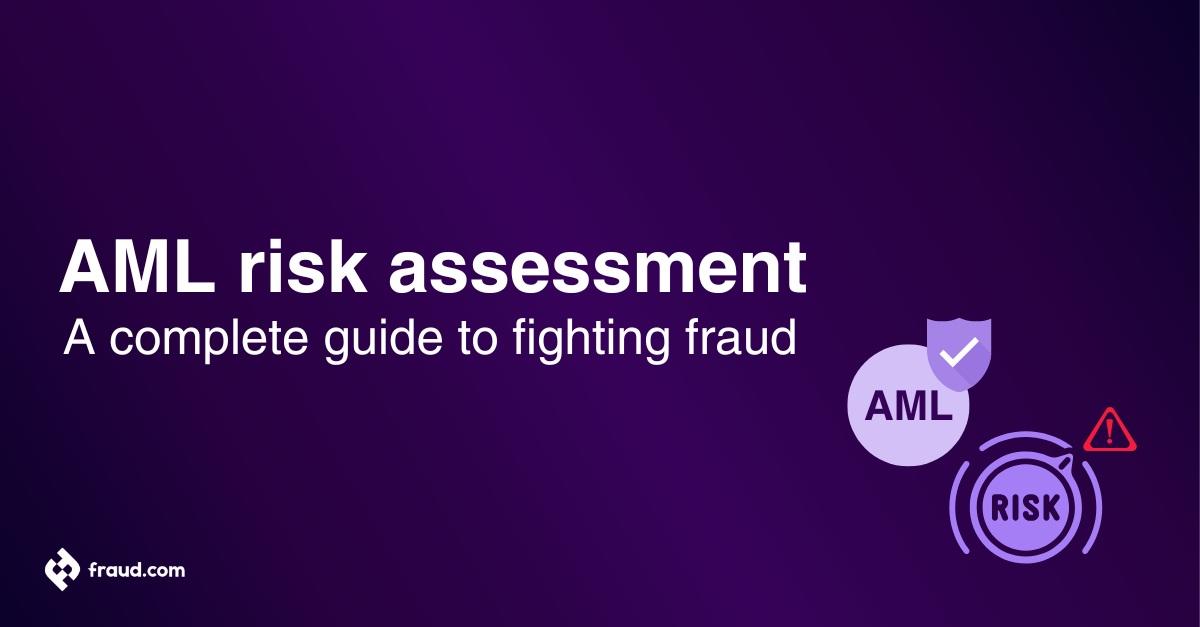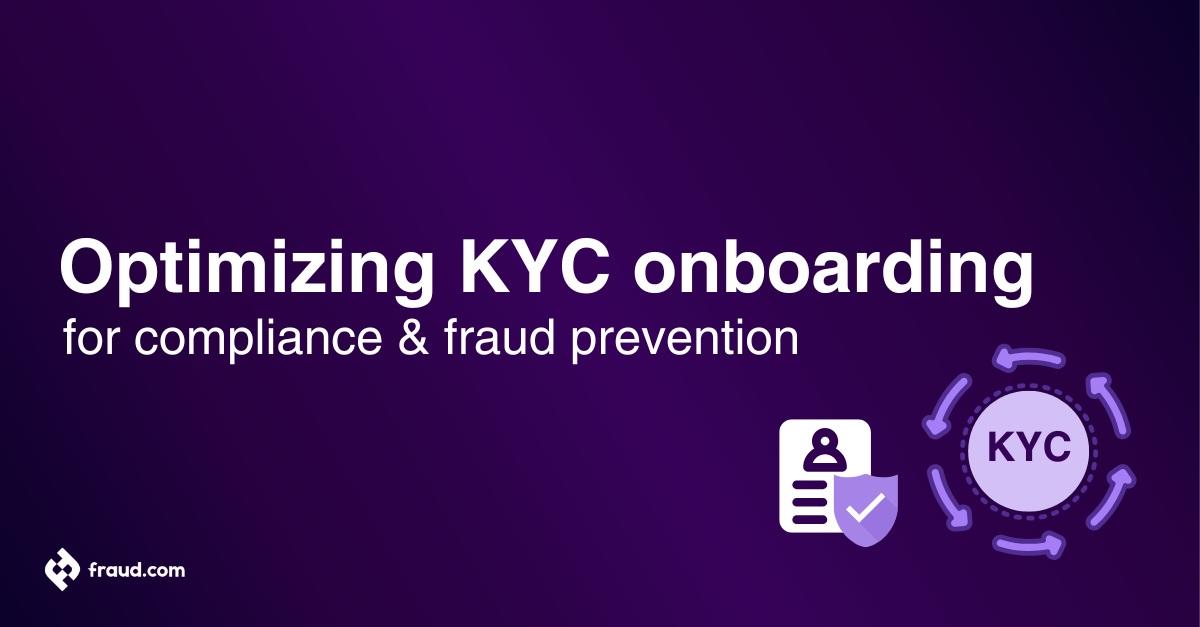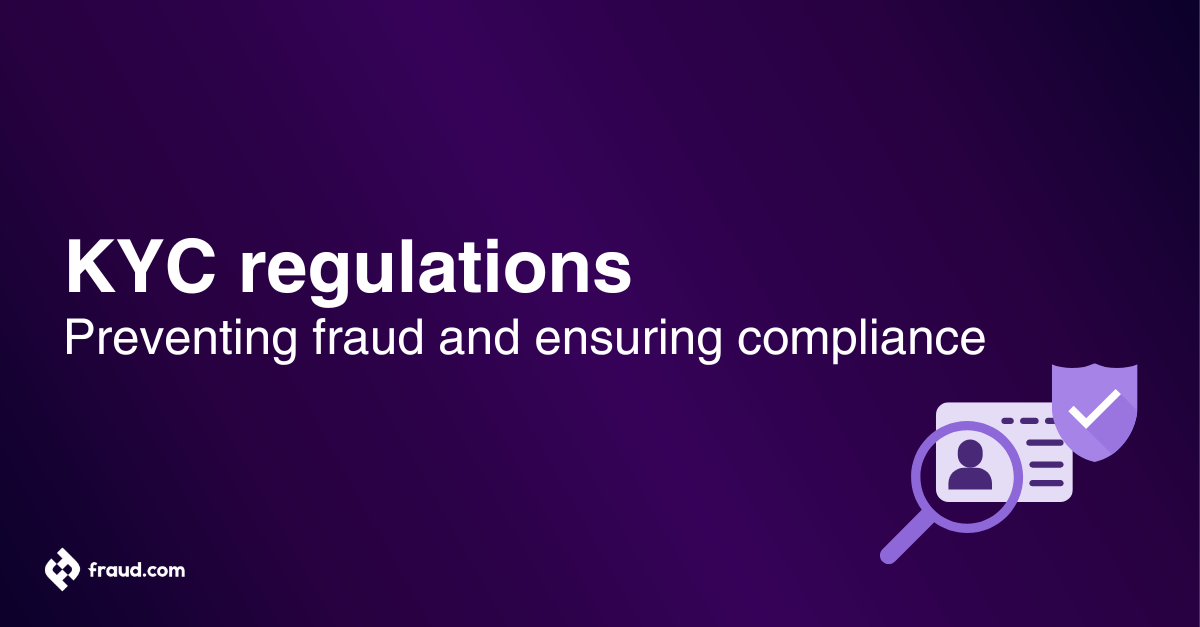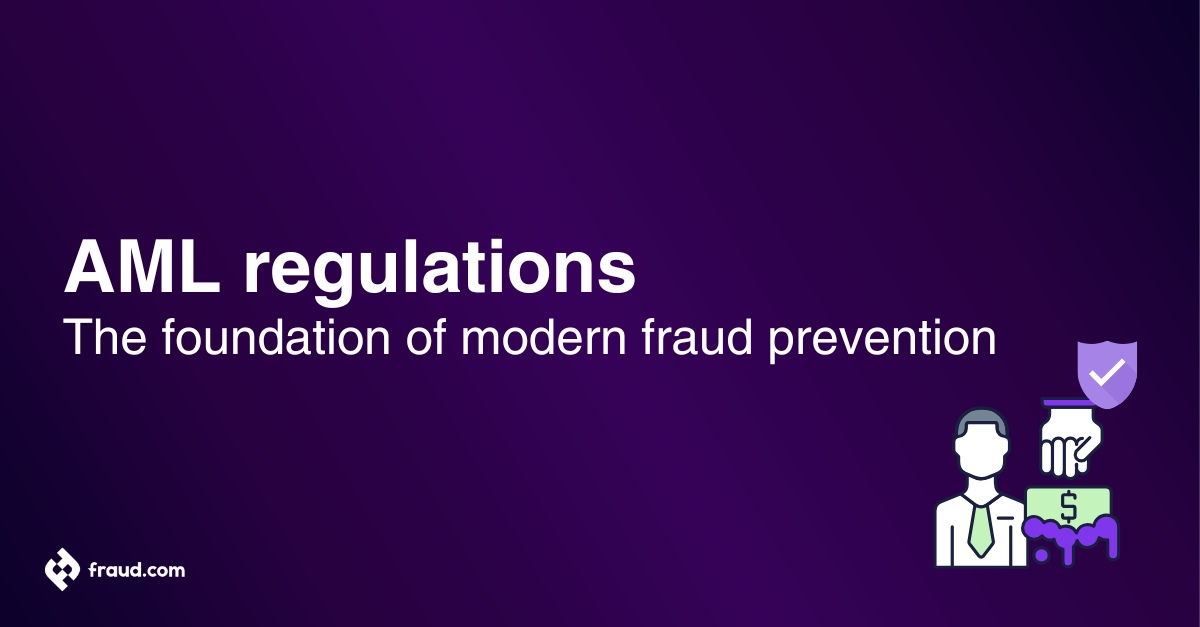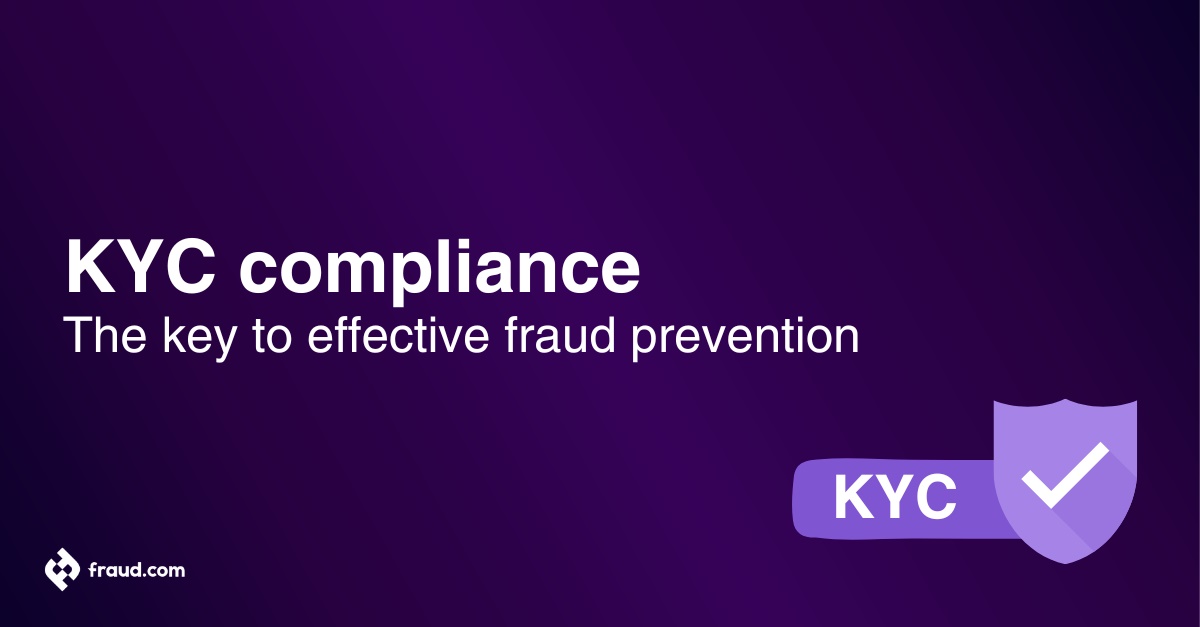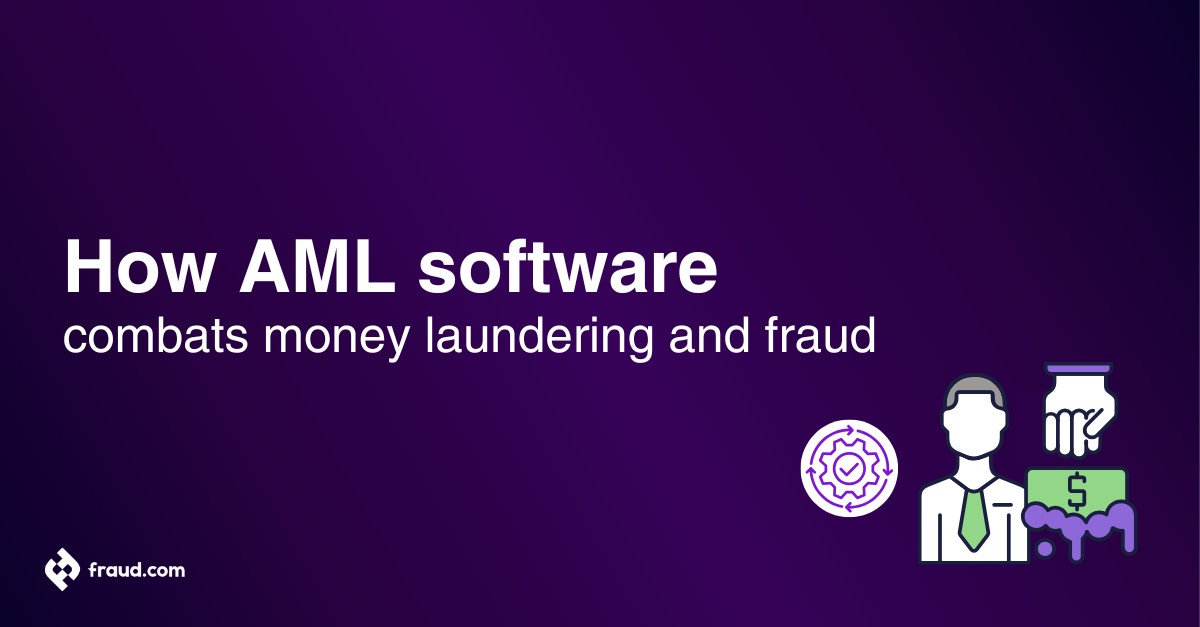With the constant increase of fraud and the forms it takes place across many industries, the need for robust identity verification solutions is paramount. With the rise of online transactions and interactions, ensuring that individuals are who they claim to be is crucial for preventing fraud and maintaining trust.
This article delves into digital identity verification, exploring its significance in preventing application fraud. We will discuss what digital identity verification entails, how the process works, and how innovative solutions like aiReflex Digital Identity Verification Service leverage advanced technologies to combat fraud effectively.
Table of Contents
ToggleWhat is digital identity verification?
Digital identity verification is a vital process in online interactions, confirming individuals’ identities for secure transactions. It involves validating identity through methods like verifying identity documents such as a passport or a driving license or alternative details like name, address, email, phone, or IP.
Verification aims to confirm the person’s authenticity, often via documents or alternative information. When traditional verification isn’t possible, non-document methods like digital footprints are used. This multi-layered approach enhances fraud prevention and reduces identity theft risk, ensuring secure digital transactions and fostering user trust.
How does identity verification work?
Identity verification typically follows a structured process to prove the authenticity of an individual’s identity. Here’s a breakdown of the steps involved:
- Submission of information: Individuals provide personal details like name, address, email, phone, and sometimes official ID documents like passports. This information serves as the foundation for the verification process, ensuring that all necessary data is available for scrutiny. Often this data is stored in NFC chips which can aid stronger verification.
- Data validation: Submitted information undergoes meticulous checks for accuracy and consistency. This involves verifying the authenticity of any provided identification documents and cross-referencing personal details with databases. By ensuring the validity of the data, organizations can establish a solid basis for identity verification.
- Risk assessment: Once the information is validated, it is subjected to a comprehensive risk assessment. This involves analyzing various factors such as historical patterns, credit history, and known fraud indicators to evaluate the likelihood of identity theft or fraudulent activity. By identifying potential risks, organizations can take proactive measures to mitigate them and enhance security.
- Decision making (Including authentication): Authentication plays a pivotal role in the decision-making process. Authentication methods like passwords, biometric authentication, or security tokens are used to verify the legitimacy of the individual’s identity. These methods confirm that the person attempting to access the system or complete the transaction is indeed the rightful owner of the identity being claimed. By incorporating authentication checks alongside other validation and risk assessment measures, organizations can make informed decisions about whether to proceed with the transaction securely.
- Continuous monitoring: Identity verification is not a one-time event but rather an ongoing process. Even after an individual’s identity has been initially verified, their activities and interactions are continually monitored for any signs of suspicious behavior or changes in identity-related data. This proactive approach helps detect and prevent identity fraud, other fraudulent activity, or unauthorized access to sensitive information. Regular updates and periodic re-verification ensure the ongoing integrity and security of the identity verification process, providing organizations with peace of mind and confidence in their security measures.
Applications of digital identity verification services across industries
Applications of digital identity verification services span across various industries, enhancing security and efficiency in processes like customer onboarding and document verification:
- Finance and banking: These services are indispensable for Know Your Customer (KYC) and Anti-Money Laundering (AML) compliance in the financial services sector. They verify and authenticate customer identities, facilitate secure account openings, and detect fraudulent activities, thus ensuring compliance with with KYC and AML requirements in the banking sector and minimizing financial risks.
- E-commerce and retail: In the e-commerce and retail industry, digital identity verification services play a vital role in ensuring secure transactions. By verifying buyer and seller identities, they mitigate the risk of retail fraud during the digital user onboarding process, ensuring smooth transactions and reducing the likelihood of identity theft.
- Healthcare: Digital identity verification services are essential for safeguarding patient data and complying with regulations in the healthcare sector. They facilitate secure patient registration, streamline prescription management, and ensure access to electronic health records, thereby enhancing efficiency while maintaining confidentiality.
- Government and public sector: In the government and public sector, these services streamline administrative processes and enhance data security. By enabling citizen authentication and issuance of digital IDs, they ensure secure access to online services, thus improving public service delivery and governance while ensuring compliance with identity verification regulations.
- Telecommunications: Digital identity verification services are crucial for subscriber authentication and fraud prevention in the telecommunications industry. They help reduce SIM swap fraud, prevent unauthorized network access, and enhance network security, thus ensuring the integrity of telecommunications services and compliance with regulatory standards.
- Travel and hospitality: In the travel and hospitality sector, these services enhance security and streamline processes like guest verification and check-ins. By preventing identity-related fraud, they ensure seamless experiences for travelers while adhering to regulatory requirements and compliance standards.
- Education: Digital identity verification services play a significant role in preventing academic fraud and protecting student data in the education sector. They verify student identities, ensuring the integrity of educational credentials and enhancing trust in academic institutions.
- Insurance: In the insurance sector, these services support policy issuance, claims processing, and fraud detection. By mitigating insurance fraud, improving underwriting accuracy, and expediting claims settlement, they enhance operational efficiency and customer satisfaction while ensuring compliance with regulatory requirements.
Overall, digital identity verification services empower organizations across diverse industries to establish trust, enhance security, and deliver seamless experiences to customers and stakeholders. Leveraging advanced technologies and robust authentication methods, these services drive innovation, efficiency, and compliance, fostering a more secure and interconnected digital ecosystem.
Addressing application fraud through digital identity verification services
Digital identity verification services are crucial in combatting application fraud, offering robust authentication and risk assessment. Here’s how they help:
- Understanding application fraud: Application fraud, like identity theft or loan fraud, threatens organizations and customers alike.
- Role of digital identity verification: These services use advanced tech, like biometric data and machine learning and AI, to verify identities and prevent fraud.
- Authentication and fraud prevention: By validating personal info and credentials, they distinguish between legit applicants and fraudsters, preventing unauthorized access.
- Risk assessment and fraud detection: Through comprehensive risk assessments, they flag suspicious activities for further investigation, proactively preventing fraud.
- Compliance and regulatory requirements: They aid compliance with regulations like KYC and GDPR, ensuring legal adherence and data protection.
- Enhancing trust and customer experience: By reassuring customers of security and streamlining verification processes, they foster loyalty and satisfaction.
- Continuous monitoring and adaptive security: Constant monitoring and predictive analytics help organizations stay ahead of evolving fraud threats, adapting security measures accordingly.
Overall, digital identity verification services are vital for verifying and authenticating identities, preventing fraud, and maintaining regulatory compliance in an interconnected digital landscape.
How does aiReflex help prevent application fraud with identity verification?
aiReflex digital identity verification service harnesses predictive analytics and machine learning to bolster fraud prevention efforts. By leveraging advanced technology, aiReflex offers:
- Comprehensive verification: Verification against multiple parameters including email, phone, Address, and IP Address, coupled with ID cross-checking results, ensures thorough validation of identities.
- Predictive insights: Adopting machine learning algorithms, aiReflex generates predictive insights to identify and mitigate potential fraud risks in real-time.
- Enhanced fraud detection: By analyzing vast datasets and identifying anomalous patterns, aiReflex enables early detection and prevention of fraudulent activities.
- Seamless integration: Flexible APIs facilitate seamless integration with existing systems, empowering organizations to incorporate robust identity verification capabilities effortlessly.
With its innovative approach and cutting-edge technology, aiReflex Digital Identity Verification Service emerges as a formidable ally in the fight against application fraud, safeguarding businesses and consumers alike.
This comprehensive overview highlights the crucial role of digital identity verification in combating application fraud, focusing on the complexities of the process and the transformative potential of sophisticated solutions such as aiReflex.

